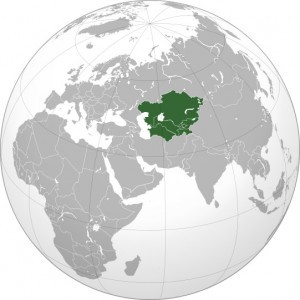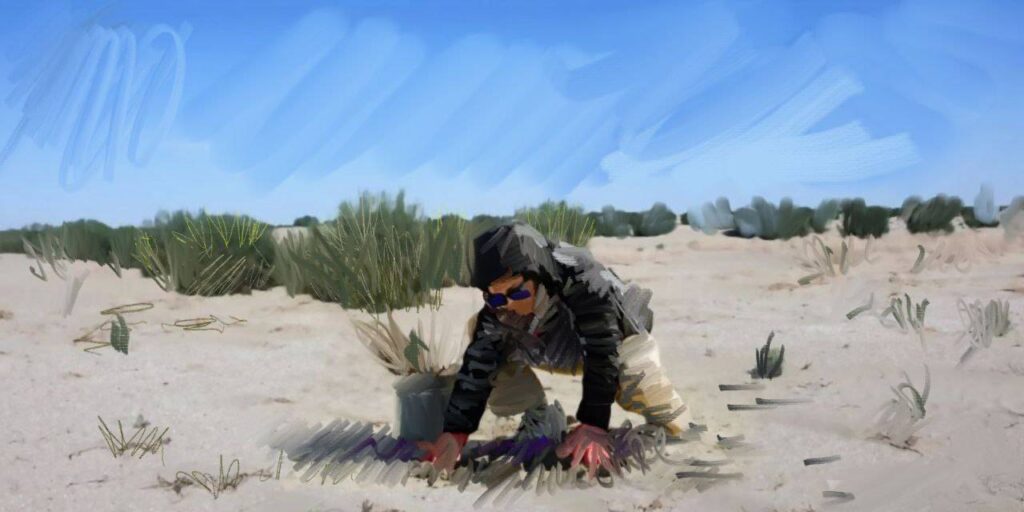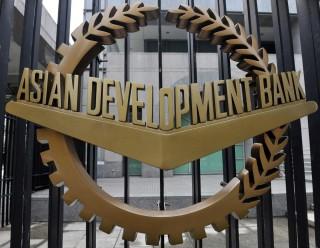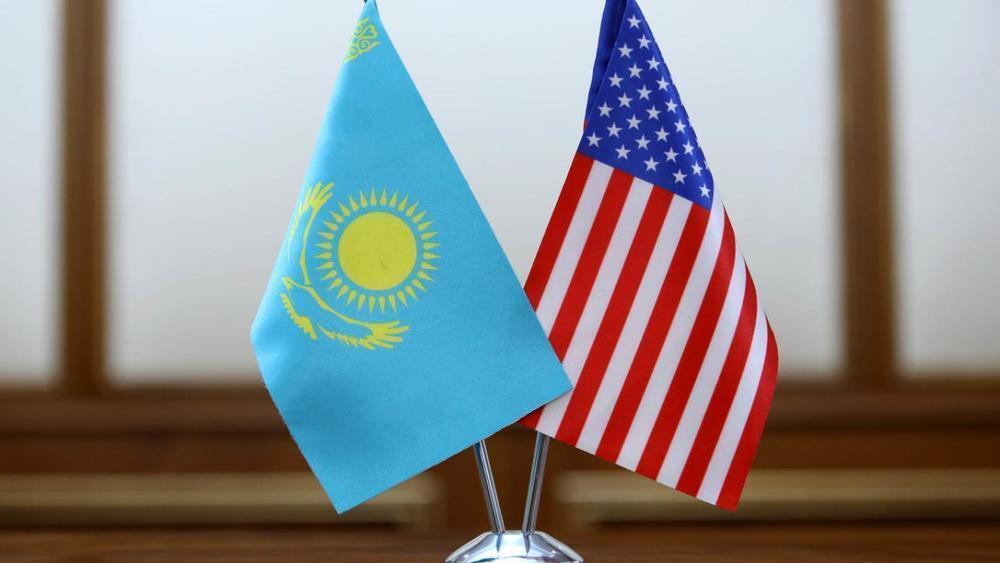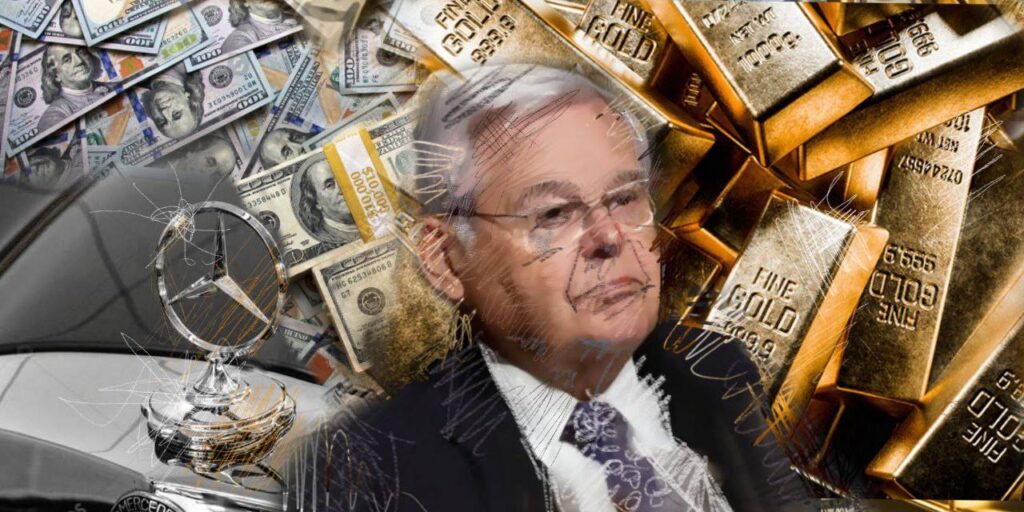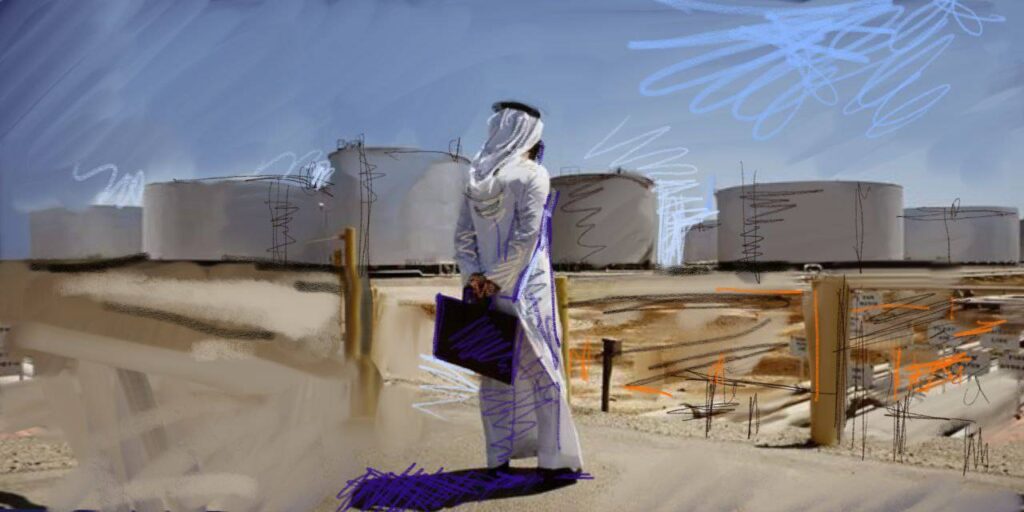BISHKEK (TCA) — The Times of Central Asia presents to its readers Stratfor’s Global Intelligence, a weekly review of the most important events that happened in the world — from Europe to Middle East to Russia to Central Asia to Afghanistan to China and the Americas.
The Week That Was
Russia’s EU Charm Offensive
Russian President Vladimir Putin began yet another charm offensive in Europe this week with a visit to Athens designed to win Greece’s support on easing EU sanctions against Russia. To set the stage for the trip, a column written by Putin appeared in the Greek daily newspaper Kathimerini that framed Moscow as a dependable energy partner for Europe. Putin’s article also called for reconciliation among all European countries on the “Old Continent,” including Russia.
Russia also used the trip to try and position itself in a battle with Beijing over secure the tenders on both Greek rail assets and the port of Thessaloniki. Even as Greece continues to drag its feet on privatizing state assets as part of its reform drive, the Greek government was happy to host Putin and assess precisely what Russia can offer.
Next Tranche of Greek Bailout
Greece, however, will not dissent from the EU consensus on Russian sanctions — Athens just barely managed to convince Eurozone finance ministers to release the next tranche of Greece’s bailout. The deal struck May 25 will be enough to prevent the country’s default or exit from the eurozone, at least for the rest of the year. The creditors also promised to consider debt relief, but any concrete actions will be taken only after the current bailout program ends in mid-2018.
This is where Germany’s influence becomes crucial. Berlin wants to delay any significant concessions to Greece until after the German general election in late 2017. Greek Prime Minister Alexis Tsipras said that this deal marks the end of uncertainty for Greece, but one should take that promise with a grain of salt. Germany and France will hold general elections in 2017, and conservative as well as Euroskeptic forces are likely to make substantial gains in both countries. This means that promises made today could easily be forgotten in the future.
French Fuel Protests
The world caught a glimpse of the political instability to come in France when unions protested against the labor reforms proposed by French President Francois Hollande. There were multiple demonstrations in Paris, and thousands of petrol stations ran out of fuel after protesters blocked fuel refineries. Hollande has defended the reform, which is meant to make it easier for companies to fire workers, but some members of his Socialist Party have hinted that modifications may be necessary to appease protesters.
The drama will continue into next week when the Senate reviews a controversial constitutional clause that Hollande used to circumvent the National Assembly in passing the reform. Since the legislative process does not conclude until early August, the strikes could persist and create serious complications for the 2016 UEFA European Championship soccer tournament, which begins in France on June 10. France already plans to deploy 90,000 police, soldiers and security agents for the games, but nationwide strikes and protests would demand further attention and security personnel. The last thing France needs is more security distractions when it faces a heightened terrorist threat.
Qatari Bonds
This week saw the Middle East’s largest ever bond sale. Qatar sold $9 billion in bonds, bringing 2016 regional bond sale totals to $29.3 billion. This was Qatar’s first sale in five years and the amount far exceeded expectations. This is bad news for Saudi Arabia, which is once again late to the game. Qatar’s sale adds to Abu Dhabi’s $5 billion issuance. Together, these nations have flooded the market for Gulf Cooperation Council bonds, which means that Saudi Arabia’s planned sale will likely require higher premiums. Qatar meanwhile will use the extra financial insulation to cope with big budget cuts and infrastructure spending needed ahead of the 2022 FIFA World Cup.
China Reins in Steel
Amid Chinese efforts to cut steel overcapacity, the governor of Hebei announced that the province aims to cut 14.22 million metric tons of steel production and 17.26 million metric tons of iron production in 2016. China’s total target over the next five years is to reduce steel production capacity by 100 to 150 million metric tons. This number is up from January’s announcements from Hebei, which said that 8 million metric tons of steel and 10 million metric tons of iron would be eliminated this year. 8 million metric tons of steel is scheduled to be drawn down before November, the remainder in December.
For perspective, this is only a little over 1 percent of China’s steel capacity and Hebei is the biggest steel-producing province. But the increase in targeted cuts reflects an important negotiation underway. There is also likely a fair amount of coercion involved in the negotiation, as Xinhua tied this change to a recent Ministry of Environmental Protection probe. The earlier targeting of the Hebei security head by Central Commission for Discipline Inspection was another clue of heavy pressure on the local government.
Full Articles
A Brief Guide to Understanding the Kurds
It has been said that the Kurds are a nation without borders, though that is only partly true. They are, of course, citizens of any number of countries, ones that envelop their homeland in the Middle East and ones much farther afield. But for the Kurds — a nation of some 25 million people who, despite their shared culture, speak different languages, practice different religions, subscribe to different political ideologies and hold different passports — citizenship is not such a simple matter.
Discerning Damage to a Crucial Syrian Air Base
In war, even the most advanced aircraft can be shot down, special operations forces can be ambushed, and well-defended airports and army bases can be shelled and weakened from afar by simple, indirect-fire weapons. Such was the case in an attack claimed by the Islamic State on a strategic loyalist air base in central Syria. Satellite imagery acquired by Stratfor in partnership with AllSource Analysis verifies that the T4 air base was severely damaged by an Islamic State artillery attack. In particular, four Russian Mi-24 attack helicopters appear to have been destroyed.
The U.S. and Russia Plan for Conflict
Hope for the best, prepare for the worst. That is the mantra the United States and Russia are abiding by as they plan for a tense few years ahead. In critical areas, including the conflicts in Syria and Ukraine and arms control negotiations, both countries would genuinely like to negotiate viable solutions. Nevertheless, the mistrust between the two runs deep, and vast differences of opinion and outright conflict of interest will continue to undermine efforts to reach a comprehensive deal. With little hope of a positive outcome, the strategic decision-makers in Washington and Moscow are cementing their security positions against each other during this period of significant hostility.
Assessing the North Korean Hazard
Few countries intrigue and perplex like the Democratic People’s Republic of Korea. Isolated by choice from the ebbs and flows of the international system, North Korea is an island of its own making. It is often painted as a weak, fearsome lunatic with delusions of grandeur and aspirations to become a nuclear power, but the truth is a little more complicated. Despite outward appearances, Pyongyang is not reckless in its ambition. Nor does it foolhardily invite destruction. It walks a fine line instead, hoping to quietly attain a credible nuclear deterrent without inciting world powers to take decisive action.
The U.S. Opens Its Arms to Vietnam
In the dispute over the South China Sea, Vietnam is a singularly important party. Just over 41 years after Vietnam defeated the United States and its allies, the White House has moved to dispense with another vestige of Cold War-era policy in the service of emerging strategic needs. On May 23, during his first visit to Hanoi and while standing beneath a bust of revolutionary leader Ho Chi Minh, U.S. President Barack Obama announced that Washington would lift its longstanding ban on weapons sales or transfers to Vietnam.
The Week Ahead
OPEC Gathers
The week’s headlines will focus on the June 2 OPEC meeting in Vienna. This is not a meeting to get too excited about, however. As we have been stressing to our members, the Saudi strategy since the oil price collapse has been about patience. Riyadh wants to allow the market to correct itself over time as U.S. shale production inevitably drops off while maintaining a high level of Saudi output to protect market share against Iran and Russia.
With the price of oil nearing $50 a barrel again, the Saudi strategy seems to be paying off. Saudi Arabia does not expect Iran’s cooperation on a freeze until Iran reaches capacity at around 4 million barrels per day. Saudi Arabia is even prepared to increase production as-needed to meet higher summer demand. (Stratfor would put the upper band for Saudi oil production this year at around 10.5 million barrels per day.) A coordinated freeze in OPEC output is simply not in the cards at this point. Expect the Saudis to stick to their strategy.
Iranian Elections Come to an End
The saga of Iran’s February double elections will come to an end this weekend when the speaker of the parliament is decided on May 29. The Assembly of Experts chairmanship was also decided earlier this week. On May 24, hardline cleric Ayatollah Ahmad Jannati soundly won the chairmanship election within the Assembly of Experts, cementing the firmly conservative nature of the body that will choose the next supreme leader.
In spite of the hardline victory, the reformist List of Hope coalition won 15 out of 16 seats in the Assembly of Experts election for the Tehran district in February. Jannati was the only hardliner candidate who managed to slip through, winning the lowest amount of votes. This shows that, among the electorate, there is a strong will for reform. Indeed, the new parliament taking power this weekend is decidedly more moderate than any before it, with 121 reformist parliamentarians, 83 conservatives and 81 independents. This may pave the way for reformist Mohammed Reza Aref to take the position of speaker from incumbent conservative Ali Larijani.
Russia Courts German Investment
Russian Economy Minister Alexei Ulyukayev’s visit to Munich and Stuttgart from May 31 to June 1 will be worth monitoring. Ulyukayev will meet with the governments of both Baden-Wurttemberg and Bavaria on investment into Russia. His trip follows Bavarian Prime Minister Horst Seehofer’s visit to Moscow in February to discuss business deals in things like gravel, electronic production, construction and installation plants.
In addition, Mayor of Hamburg Olaf Scholz will lead a business delegation for the German-Russian business forum in mid-July in St. Petersburg. Russia is taking advantage of the growing political divisions within Germany over doing business with Russia. Russia needs the investment, especially on the small-to-medium and regional level, and can also use closer business links with German politicians to help steer Berlin toward being more flexible on sanctions.
